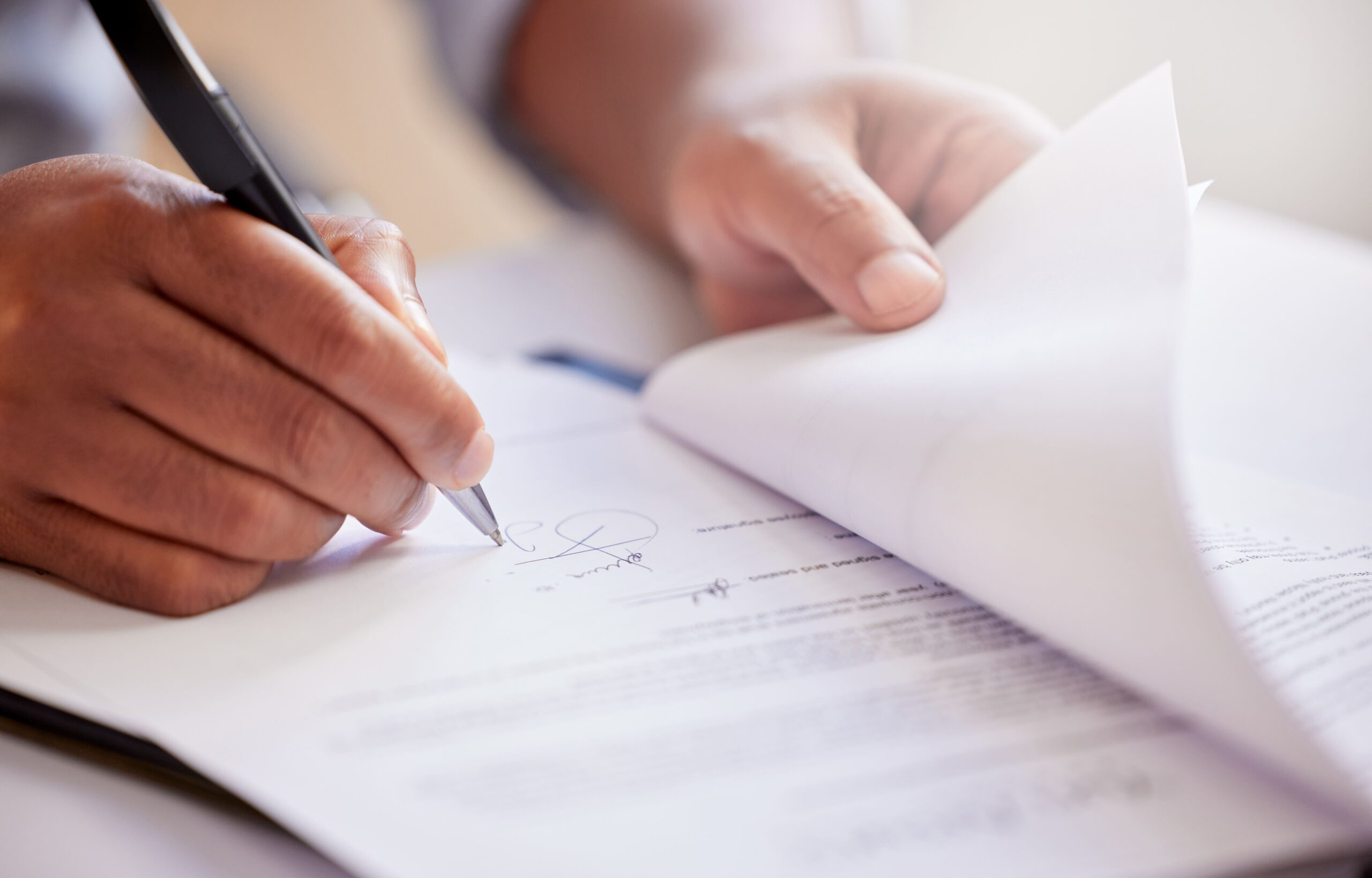What is a deed of rectification?
When purchasing or selling property, you’ll be met with plenty of legal documents. All the parties must sign contracts to transfer the property ownership, and your conveyancing solicitor will handle all the paperwork.
Occasionally, mistakes can happen, and amendments must be made to an existing document relating to the property. This is done with a deed of rectification, which is when an amendment is made to a legal document or a deed.Continue reading to find out more about rectification deeds from the experts at GD Property Solicitors.
How much does a deed of rectification cost?
Rectification deeds can cost between £300 and £600. The costs incurred from a deed of rectification vary depending on the circumstances you’re facing, including property value.
The price of a rectification deed can be higher if it involves solicitor negotiation or the Land Registry. Some solicitor fees have been known to go upwards of £750 in some cases for extremely complex rectifications that involve legal disputes or boundary changes.

How long does it take to get a rectification deed?
It can take between two and six weeks to receive a deed of rectification. This depends on the complexity of the issue and whether all parties involved agree.
The time taken for the Land Registry to process the rectification application can vary. This can range from a matter of weeks to several months if there are complications involved or if there is a backlog of applications.
What role do the HM Land Registry play in the deed of rectification?
HM Land Registry plays an integral part in the deed of rectification process.
As the Land Registry holds the official record of property ownership, when a rectification deed is required to correct an error in a registered document, the Registry is responsible for updating the official register.
How does the HM Land Registry act with rectification deeds?
In order to approve the deed of rectification, the Land Registry requires a properly executed deed that’s been signed by all the parties involved.
HM Land Registry will then examine whether the deed clearly identifies the mistake, refers to the original document and has the appropriate consent. If the document passes these checks, HM Land Registry will register the changes requested.

Should I use a solicitor?
It is not a legal requirement to hire a solicitor to help with the deed of rectification process, but it is highly recommended for the following reasons:
- Legal accuracy – Hiring a solicitor will ensure your case is accurate, using the correct legal terminology and being able to refer to the original document properly.
- Legal complexities – There are many complex legislations surrounding property laws, and a seasoned property solicitor will know how to navigate these.
- Disputes – Objections and disputes can easily become confusing, especially if you are unsure which ones can be worked around. A solicitor will be able to manage these for you and provide support and guidance throughout court proceedings.
- HM Land Registry – Your solicitor would handle all the submissions to the HM Land Registry and be able to handle any obstacles or issues.
Speak to experienced property solicitors
If you think you require a property deed of rectification and you’re unsure how to proceed, you’ll need the expert help of property lawyers.
At GD Property Solicitors, we boast a team of knowledgeable and highly skilled solicitors who can support you in the process of a deed of rectification.
If you have any questions for our team, don’t hesitate to contact us today by calling 0161 710 1786.
